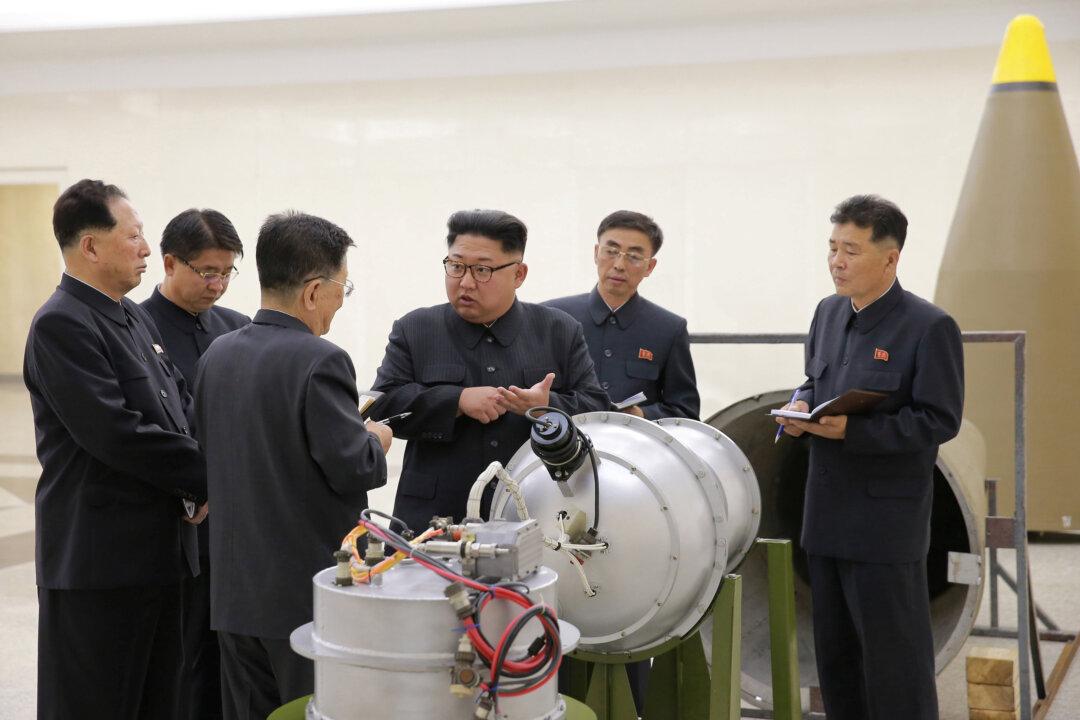North Korea said on Friday it might test a hydrogen bomb over the Pacific Ocean after President Donald Trump vowed to destroy the reclusive country, with leader Kim Jong Un promising to make President Donald Trump pay dearly for his threats.
Kim did not specify what action he would take against the United States or Trump.
South Korea said it was the first direct statement of its kind by a North Korean leader. However, Kim’s foreign minister, Ri Yong Ho, said North Korea could consider a hydrogen bomb test of an unprecedented scale over the Pacific Ocean. Ri told reporters in New York he did not know Kim’s exact thoughts.
Japan, the only country ever to suffer an atomic attack, described the threat as “totally unacceptable”.





